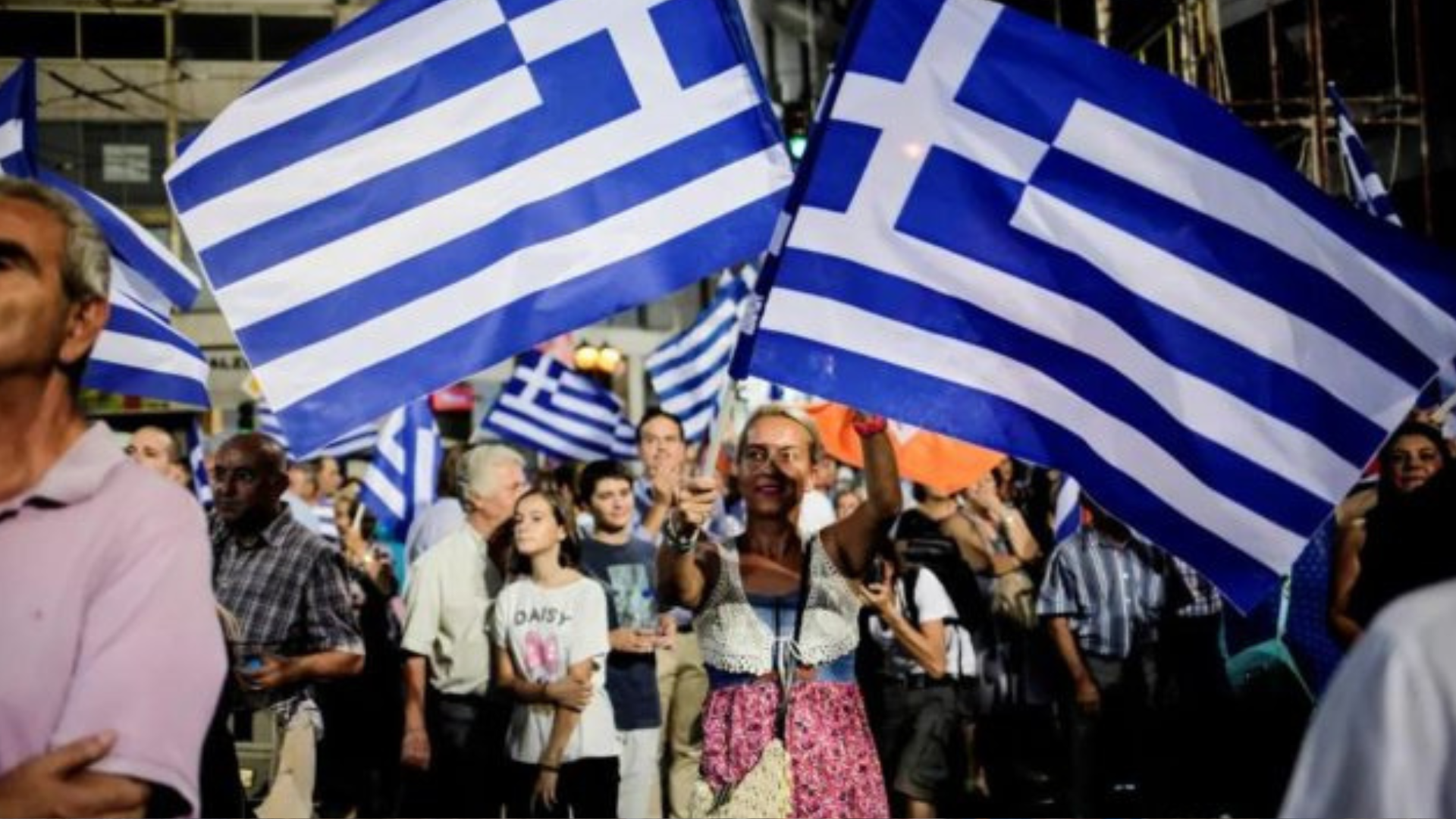Expatriated Hellenism has a tradition of ethnolinguistic survival of thousands of years. With the passage of the first twenty years of this century, this Hellenism sharpened its resilience, tested by the challenges posed by the environment of its host countries and by the lack of a clearly defined and systematic policy on the part of the Homeland on issues of Greeks abroad.
Improvisation, despite the serious steps taken and the best efforts, unfortunately still characterises the policy of our national centres (Athens and Nicosia), and mitigates the effectiveness of the measures taken, most of the time, to remedy situations accumulated by the sloppy treatment of specific problems related to its ethnocultural survival. Hellenism outside Greece has potential and predisposition to survive, it has mechanisms and philotimo, it is distinguished for its struggles for good and the best (it is no coincidence that the great benefactors and revolutions of the Nation were phenomena outside Greece).
The establishment and operation in the major centers of the Diaspora, centrifugal and free from any form of dependence, institutions, i.e. Centers for the Study and Research of Hellenism, with emphasis on the preservation and dissemination of the ethno-cultural physiognomy of diachronic Hellenism, will create permanent centers of cultural and linguistic convergence, satellite stations for its diffusion and protection.
The reconstruction of the objectives of the institutions of Hellenism (communities and Church institutions), their updating, with priority given to the formation and support of a rich and functioning Greekness in the host countries of Hellenism outside Greece, will strengthen the reasons for the rallying and cohesion of the diaspora.
The cultivation of philhellenes and philhellenism by the organized diaspora should also be a priority because Philhellenes are Greece’s strongest allies, not only in matters of culture, but also of national issues. Understanding that “Greece is one thing and Hellenism is another,” it will be more possible to bring even those who ideologically oppose it next to Greece.
The ethnocultural survival of approximately five million people of the Diaspora, who maintain identity relations with Greece and the Greeks, is tested by adverse conditions caused by otherness, multiculturalism, and, finally, nationalism in their host countries. In addition, and beyond these conventional external restrictions, any restrictions exercised on expatriates by Hellenism itself and its organised manifestations – state, Church and their institutions – act as a deterrent.
We are living in the era of globalisation and the free and widespread circulation of information and ideas. Identity-diversity relations and the cohesion of a nation are topics of discussion among ethnologists in economically advanced countries. The position of ethnolinguistic and cultural homogeneity vis-à-vis the multiethnic and multicultural formation remain dimensions under constant formation and evolution in immigrant countries. The constitutional nationalism characteristic of the new Balkan states, where the dominant minority imposes its linguistic and cultural stamp, putting other minorities to the test, is another picture.
At the end of 1979, Ambassador Tzounis of the Ministry of Foreign Affairs of Greece, in a circular addressed to the Greek diplomatic authorities of the diaspora, called on the official representatives of the Greek State to allow the progressive assimilation of the Hellenes of the Diaspora, taking care only of maintaining the emotional bond of the children of expatriates with Greece.
The Church has systematically attempted, since 1959 in Australia, and even earlier in the USA, to “win over on her behalf” the Greeks of the Diaspora. The methods followed were the weakening of the old community organisations by promoting the parish scheme, where the Church imposed an appointed council, and attempted to weaken the functioning of non-ecclesiastical institutions and cultural institutions of Hellenism. The policy of this “colonisation” aimed at the hegemony of the Church over Hellenism outside Greece and its unequivocal dependence on our Ecumenical Patriarchate. This process, which remained founded on a system with self-regulating capabilities and its own feedbacks, because the Orthodox Church is a hierarchical institution, has led, over the last seventy years or so, to the conflict between the Church and the national representatives of Greece in the Diaspora and to the wound of ecclesiastical-state division.
The imposition of an ethnarchical ideology-role on the expatriates by the Church and its view that the responsibility for the management and administration of the Hellenism of the Diaspora belongs naturally and exclusively to the Church, resulted in the injury of the cohesion and unity of the Greeks abroad and the marginalisation of the role of the Greek State over the expatriates. The regaining of the lost prestige of the Ecumenical Patriarchate, due to the national tragedy of Asia Minor, meant that the role of the Greek state in providing for the organisation of the Hellenism of the Diaspora was transcendent.
On November 25, 1995, His All-Holiness Patriarch Bartholomew, in a letter to the Deputy Minister of Foreign Affairs Gregory Niotis, regarding the establishment of the World Council of Hellenes Abroad, clarified that “it should not escape anyone’s attention that Greeks abroad belong to the Ecumenical Patriarchate and that the policy of substituting the Church with other experimentally introduced costly institutions would be unfair and unprofitable, institutions of questionable quality and length of service to expatriates“.
The continuing fruitless, problematic, and now stillborn assumed ecclesiastical role of the communities to maintain churches and charitable organisations, which belong by nature and place in the official Church, and the role of the Church to claim a secular role and duties from the Communities, which should retain exclusively the role of social welfare, cultural advancement and education of Greeks, fatally wound the cohesion of Greek communities in Australia. The lack of syncretism (unity and ideology of cohesion of Hellenism) due to the above problems, and the absence of competent leaders in the field of community presence, was destined to lead to shrinkage and decline of all cultural expressions of Hellenism, including our language, as we shall develop in our next article.
